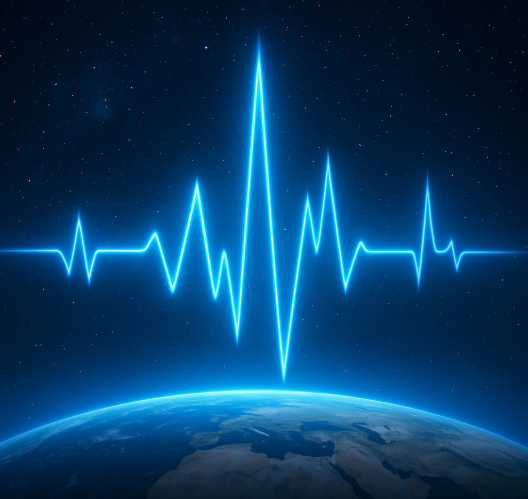We Come Together As One
Featured
- Get link
- X
- Other Apps
Flash Floods and a World on Edge: What the Rising Waters Are Really Telling Us
There’s a nervous energy crackling in the air lately. You can feel it. Flash floods are hitting one place after another: Mexico, Texas, Chicago, Nigeria, India, South Korea. It’s not just a pattern anymore. It’s a message.
In twenty twenty-four alone, over eight thousand seven hundred lives were lost to flash floods. Forty million people were displaced. That’s not a typo. Forty million. The economic toll? Over five hundred and fifty billion dollars worldwide. This year, twenty twenty-five, isn’t slowing down. Just in July, floods in Texas killed at least one hundred and nine people. In May, Nigeria saw over five hundred lives lost in a single region.
And people are noticing.
Not just scientists or officials. Everyone. At local fairs, on social media, in cafes and backyards, there’s a buzz. Not the usual small talk. People are asking the big questions. Is this normal? Are we safe? Is this the end of the world?
Let’s stop right there. No. It’s not the end of the world. But yes, it’s a sign.
This is what global warming looks like, and it’s here. Warmer air holds more moisture, leading to heavier downpours. Forests are being leveled, wetlands paved over, and we’re left with nowhere for the water to go. The earth is responding. And for the first time, people who once rolled their eyes at the term "climate change" are starting to see it. Really see it.
That’s scary.
There’s fear in communities. Parents watching water lap at their doorsteps. Children being rushed into boats. Entire neighborhoods turning into ghost towns. For some, it’s too much to process. They shut down. Others become angry. At the system. At their leaders. At each other. And yes, it’s pulling some people apart.
But here’s the other side of it.
In almost every disaster, there’s someone wading through the water to rescue a stranger. Volunteers handing out dry clothes. Families offering shelter. Strangers turning into neighbors, if only for a moment. In these floods, there’s a quiet revolution of compassion. Grassroots outreach. Mutual aid. Humanity rising up where it’s needed most.
That’s where the real hope lives. Not in a miracle fix from governments, but in the simple, fierce kindness people are showing each other. That’s the antidote to fear.
And we should be scared. Not paralyzed, but awake. This isn’t just weather. It’s a warning bell. We’ve crossed into a new era, and how we respond now will shape the stories told by future generations.
So talk about it. Ask questions. Prepare. Help your neighbor. And when someone says this feels like the end of the world, remind them it’s not the end.
It’s a turning point.
And we’re still here.
- Get link
- X
- Other Apps
Popular Posts
The Earth's Pulse: How Schumann Resonance Spikes May Be Affecting Us
- Get link
- X
- Other Apps



Comments
Post a Comment